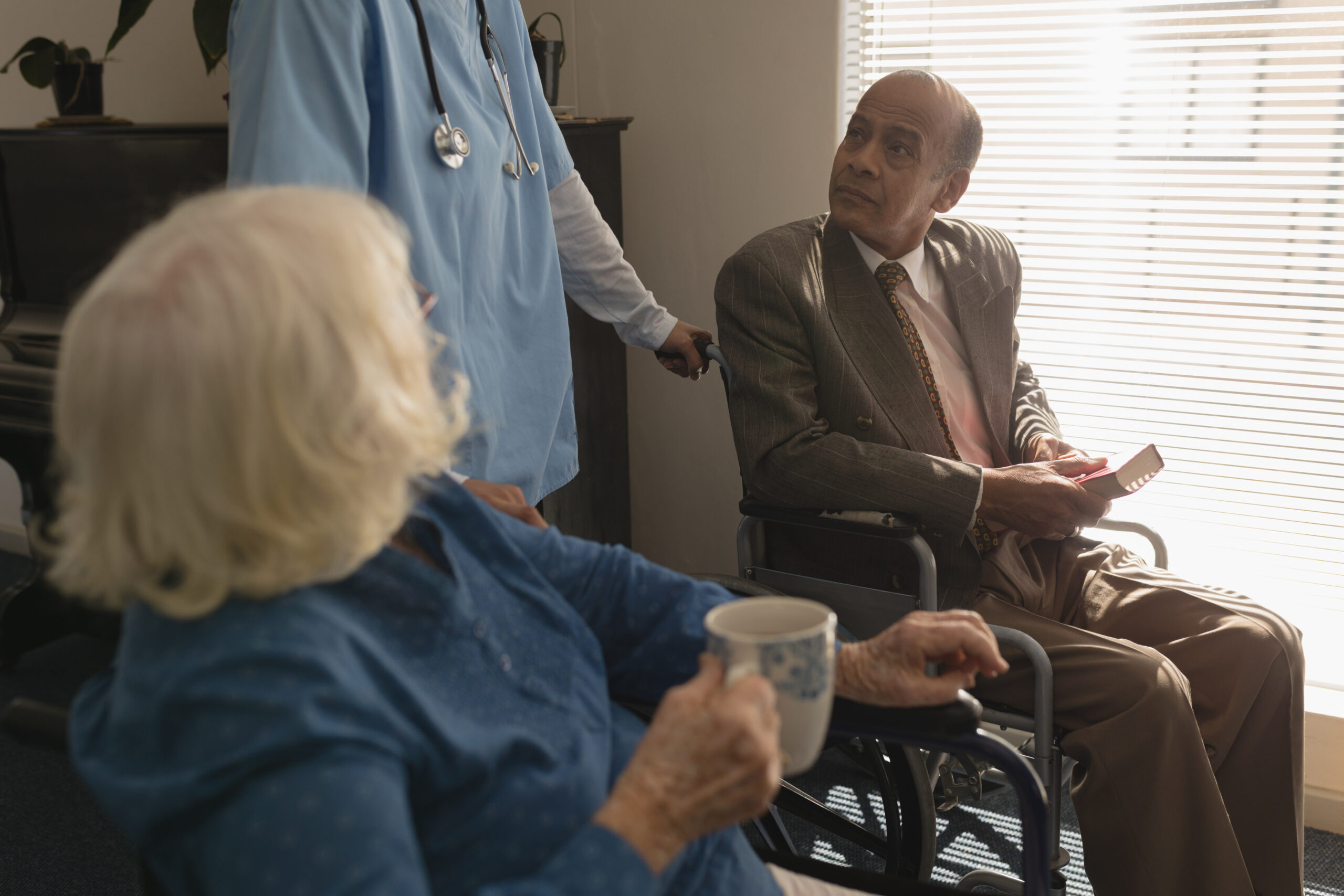Understanding Negligence and Ramifications

When placing the care of a loved one in the hands of a caregiver, there is an implicit expectation that they will uphold a standard of care ensuring the well-being and safety of the individual. Regrettably, cases of caregiver negligence can result in severe consequences, including personal injuries to the vulnerable individuals under their supervision. This blog seeks to bring attention to the issue of caregiver negligence, delving into its legal implications, considerations of liability, and the rights of those who have experienced harm.
Defining Caregiver Negligence
Caregiver negligence transpires when a caregiver falls short of meeting the expected standard of care in their role, resulting in harm to the person under their supervision. This negligence can take various forms, such as physical neglect, emotional abuse, medication errors, lack of supervision, or failure to address the basic needs of the individual. Each of these negligent behaviors can cause significant harm to those under caregiver supervision. Recognizing and comprehending these diverse forms of negligence is vital in addressing the legal implications and pursuing justice for those who have suffered harm under the assumed protection of a caregiver.

Legal Implications and Liability
- Breach of Duty: The law holds caregivers to a reasonable standard of care. When they negligently violate this duty, there are grounds for legal action.
- Personal Injury Claims: Individuals who have endured harm due to caregiver negligence may have valid grounds for pursuing a personal injury claim. A personal injury claim is a legal recourse that empowers the harmed individuals to seek compensation for damages, including medical expenses, pain and suffering, and emotional distress.
- Establishing Negligence: To establish caregiver negligence, a harmed individual must prove the legal elements of duty, breach of duty, causation, and damages. This process involves gathering evidence, including medical records, witness statements, and available surveillance footage.
Legal Rights of Those Affected
- Right to Compensation: Victims of caregiver negligence possess the right to pursue fair compensation for the physical, emotional, and financial damage they have suffered.
- Rights of Dignity and Respect: Everyone has the inherent right for others to treat them with dignity and respect. Caregivers who fail to uphold these rights through negligence may be held accountable in a court of law.
- Legal Recourse: Understanding one’s legal rights empowers individuals and their families to take legal action against caregivers or institutions responsible for negligent acts.

Seeking Justice
Understanding their legal rights is empowering for those affected. Victims of caregiver negligence have the right to seek fair compensation and pursue legal recourse against caregivers or institutions responsible for negligent actions. Fundamental to these rights are dignity and respect, which reinforce the expectation that individuals should be treated with care and compassion.
At Williams DeLoatche, P.C., we comprehend caregiver negligence’s profound impact on the lives of individuals and their families. If you or a loved one has experienced harm due to caregiver negligence, we are here to provide compassionate and expert legal support. Williams DeLoatche is dedicated to seeking justice for victims of caregiver negligence, holding responsible parties accountable, and prioritizing the rights and well-being of harmed individuals. Call us at 757-547-5555 for a free consultation to discuss your case and explore your legal options.

